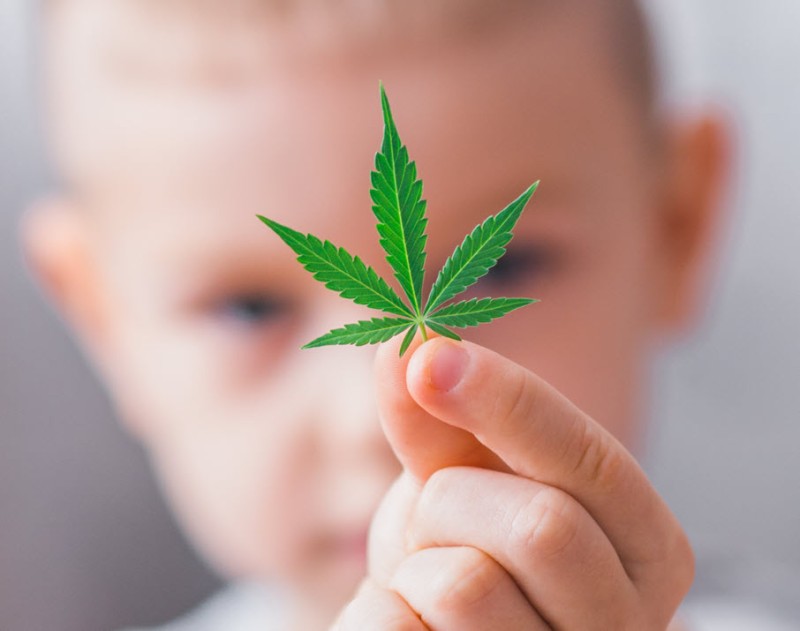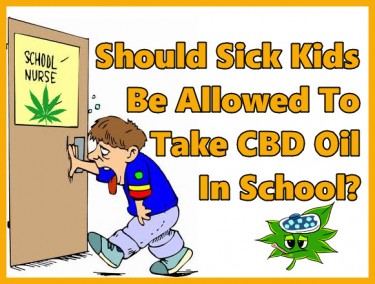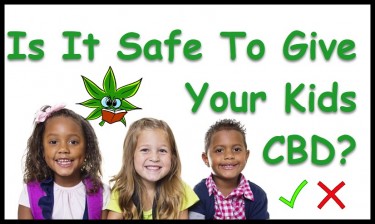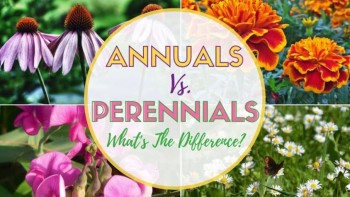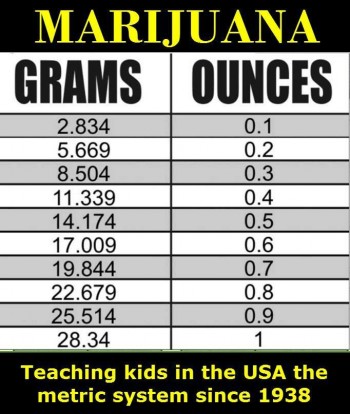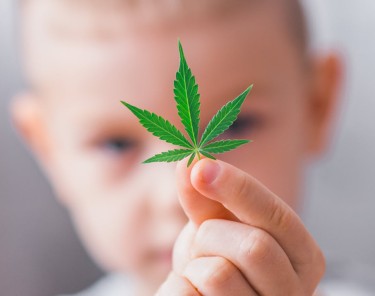
When a child is suffering, parents will naturally do anything they can do to help them.
It can get especially challenging and emotionally taxing for parents of children who are diagnosed with treatment-resistant or difficult-to-treat conditions such as epilepsy, autism, chronic pain, anxiety, and more. However, the Food and Drug Administration (FDA) has only approved one condition that can be legally treated with CBD and that is epilepsy.
Last 2018, the FDA approved Epidiolex, a cannabis-based drug that was recommended for its use on certain types of epilepsy. Since then, there have been other similar pharmaceutical versions that are used for epilepsy. However, what about the CBD oils that are popularly used and can even be purchased online and in convenience stores?
That hasn’t stopped parents from exploring the use of CBD for their children. After all, it has a very good safety profile – it doesn’t even get you high. A poll, whose results were released in February 2022, revealed that some three-quarters of parents in the United States view CBD as a good alternative for their children when conventional medications don’t work.
Additionally, 83% of the respondents believe that the FDA should be regulating CBD products, and 74% think that using it should require a prescription from doctors. The results also showed that more than 90% of parents have never given their children CBD, while 2% have, and 4% have considered giving it. For the parents who have given or have considered, 29% said that they discussed it with their healthcare providers. The most common reasons that parents give their children CBD was anxiety followed by sleep problems, ADHD, muscle pain, autism, and lastly, overall health.
These results reveal that even though CBD is so easily accessible and legal, parents still don’t know much about it. In fact, some of them even think that it’s the same thing as cannabis.
Having said that, parents, here’s the low-down on CBD and what you need to know about using it for your kids:
-
Cannabidiol doesn’t get you high. It’s tetrahydrocannabinol (THC) that does that, and provided that you are buying your cannabis from a reputable brand, then you shouldn’t have to worry about its THC content.
CBD oils sold at pharmacies and dispensaries that are intended for medical or pediatric use will usually indicate its CBD to THC ratio, and you can safely buy one from a licensed dispensary with the least THC ratio possible such as 1, and have peace of mind that your child won’t get high. Having a tiny amount of THC usually cannot be felt and in many cases can even enhance the therapeutic benefits of CBD.
-
Kids may be able to feel the effects of CBD faster and stronger. This means that if you decide to medicate your child with CBD, you must always do so in a safe and controlled environment such as your home.
If your kid is a teenager, don’t allow driving after they are medicating. While CBD generally doesn’t impair us adults, it may have a different effect on young kids whose brains are still developing. This is especially important if your child is still new to CBD medication, and both of you are still gauging how it feels with them.
Some common effects that kids can feel when medicating with CBD include fatigue, sedation, decreased appetite, or diarrhea.
-
Don’t just buy CBD products online – always research the brand before buying, whether it’s for yourself or for your kids.
What you read online may tell you that CBD is safe, gentle, and harmless. But remember that for children, this can be 100% not the case especially if you aren’t buying from a reputable, renowned manufacturer. It’s bad enough that the CBD industry is unregulated as it is, but when consumers accidentally buy without doing the proper research, this is where the danger can come in.
Many CBD oils and other products that are sold on the internet can contain ingredients that are harmful, and companies aren’t mandated to disclose all the ingredients they use since the FDA doesn’t require them to in order to be sold online. It simply isn’t safe, whether for child or adult, to consume just any cannabis product. Always look for a certificate of analysis (COA) which reputable manufacturers provide with their products.
-
CBD is effective in treating a range of pediatric conditions. Having said all that, it’s in your (and your child’s) best interest not to give CBD oil without recommendations from a medical professional. Now as long as it has been legally purchased and with a recommendation, using CBD correctly can be extremely effective in treating conditions that affect children including ADHD, seizures, depression, anxiety, and autism.
Doctors will be able to provide guidance on the right dosage as well as the CBD-THC ratio based on the condition you are trying to treat. Just be careful not to treat CBD oil as a cure-all.
-
CBD can have interactions with other medications your kid may be taking. This is another important reason why you should be consulting with a medical professional before giving CBD to your kids.
Taking cannabis medication combined with pharmaceutical medications may have an impact on liver function as well as the enzymes that the body requires to metabolize medications.
Most importantly, always talk to your child’s physician before putting them on CBD. The good news is that more and more medical providers are already becoming knowledgeable on the therapeutic effects of CBD, so even if the case isn’t epilepsy, they may have up-to-date information on treating certain pediatric cases as well as news on the best products or dosage to best help your child.
CBD FOR KIDS, READ MORE...
CBD FOR KIDS AT SCHOOL, SHOULD THE OIL BE ON SCHOOL GROUNDS?
